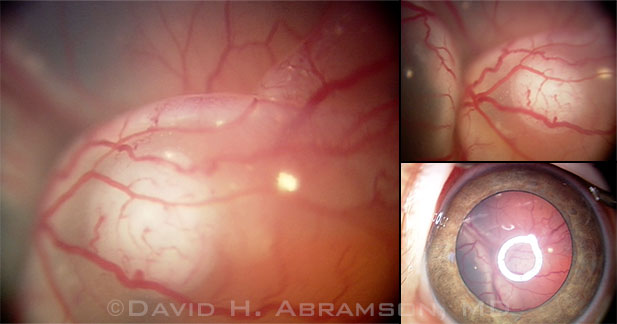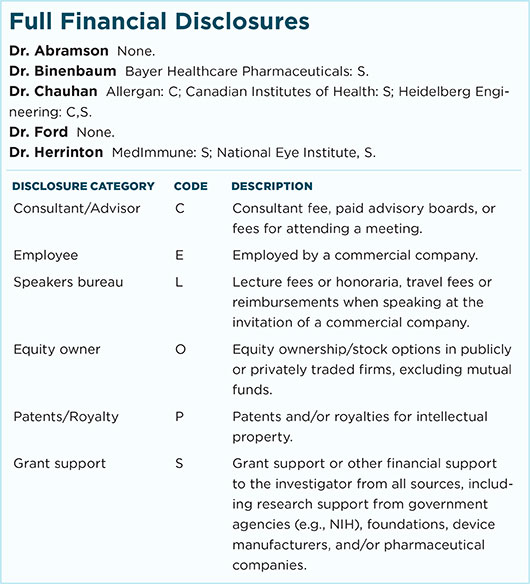Download PDF
In the largest study of its kind, researchers at Memorial Sloan Kettering Cancer Center examined a wide array of psychosocial outcomes—from anxiety and depression to satisfaction with facial appearance—in adult survivors of retinoblastoma (RB), now the most curable of all pediatric cancers.1 “Overall, RB survivors are doing extraordinarily well,” said lead author Jennifer S. Ford, PhD.
Using a questionnaire adapted from the Childhood Cancer Survivor Study (CCSS), the researchers compared the functioning of 470 adult RB survivors—diagnosed from 1932 to 1994—with 2,820 adult participants randomly chosen from the CCSS cohort of siblings who had not had cancer. (None of these siblings were related to the RB survivors studied.)
Overall results. RB survivors had slightly lower rates than CCSS siblings of distress, depression, somatization, and anxiety. Although RB survivors did report posttraumatic symptoms of avoidance or hyperarousal more often, only 5 met criteria for posttraumatic stress disorder (PTSD).
 |
RETINOBLASTOMA. External and fundus photos of eye with unilateral RB, classified as group E (advanced), prior to treatment.
|
Bilateral survivors. Understandably, bilateral survivors had greater fears than unilateral survivors about cancer recurrence and about their children being diagnosed with the disease, said Dr. Ford. But even though these bilateral survivors had experienced more extensive disease and had undergone more treatments, they were no more likely than unilateral survivors to report depression, anxiety, or somatic complaints.
In fact, bilateral survivors were significantly less likely to report these symptoms than CCSS siblings, and they even believed in substantially more positive new possibilities in life. “This is not uncommon in survivors of pediatric cancers,” said Dr. Ford. “Through a phenomenon known as response shift, traumatic events can prompt a recalibration of how well things are going in life.”
Getting better. Overall, ophthalmologists can share a very positive message with parents of children with RB. “And with big changes in RB management over the recent past,” said ophthalmologist and coauthor David H. Abramson, MD, “these psychosocial outcomes may only improve in the future.”
—Annie Stuart
___________________________
1 Ford JS et al. J Clin Oncol. Published online Sept. 15, 2015. doi:10.1200/JCO.2014.60.5733.
___________________________
Relevant financial disclosures—Dr. Abramson: None. Dr. Ford: None.
For full disclosures and disclosure key, see below.

More from this month’s News in Review